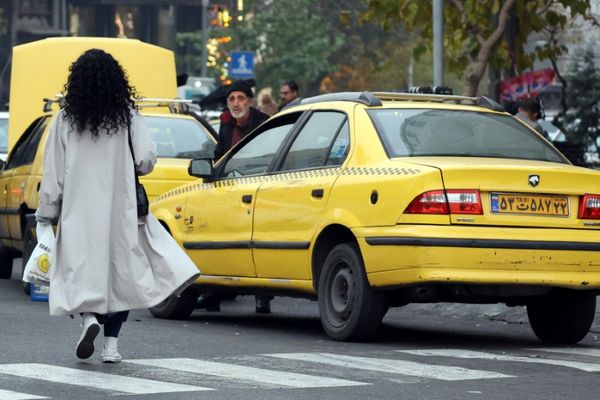
Queensland has announced plans to increase royalties on coal companies amid record profits, as surging prices for fossil fuels help fund investment in the state’s healthcare sector.
The Queensland treasurer, Cameron Dick, said the state would record an unexpected $1.9bn surplus in 2021-22 off the back of surging prices for fossil fuels, although a small deficit is forecast next financial year.
The centrepiece of the budget is a $23.6bn investment in healthcare – an increase of $1.2bn, roughly 6% – that would include measures to hire 9,450 healthcare workers, build three new hospitals and add 2,200 new hospital beds.
The state has also set aside $1.6bn for mental health services over five years, to be funded by a payroll tax levy applied to the largest 1% of businesses.
“[The budget] contains responsible revenue measures that focus on companies that can afford today to pay, at a time when they can afford to pay,” Dick said.
The government’s pre-existing 10-year freeze on coalmining royalty rates ended this year. Despite prices reaching record rates in recent months, coal companies and the resources lobby had been agitating against any changes.
Under the existing scheme, the top tier royalties rate (15%) kicked in at $150 per tonne. Queensland coking coal has been selling for about $500 a tonne.
Dick said the old royalty rates structure for coal was “not fit for purpose”.
Miners will now pay 20% for prices above $175 a tonne, 30% for prices above $225 a tonne, and 40% for prices above $300 a tonne.
The measures are expected to net an additional $1.2bn in revenue before prices temper.
The high prices have already had a substantial impact on the state’s bottom line – coal royalties income for the current financial year will be more than $9bn – almost triple the projection in last year’s state budget. Compared to last year’s projections, royalties income from coal and gas producers are up about $12bn.
Dick said multinational coal companies had enjoyed “an extraordinary period of stability” but that rates needed to take into account unprecedented windfall prices.
He said coal producers could “rest easy” knowing that royalties would remain the same when prices temper, and that changes would only net the government a modest amount during a boom time.
The Queensland Resources Council has said previously that increasing royalties “overnight and without warning will have a negative impact on foreign investment and confidence in our industry”.
Investments in healthcare
Part of the government’s $23.6b spend on healthcare will go towards a pledge to hire additional 9,450 health workers over the four-year term of the government.
New hospitals will be built in Bundaberg, Toowoomba and Coomera. There will also be expansions at hospitals in Cairns, Townsville, Robina, Mackay, Redcliffe, Ipswich and Hervey Bay, as well as facilities in the greater Brisbane area: Princess Alexandra hospital, the QEII hospital, the Prince Charles hospital and Logan hospital.
The government has also trumpeted “an Australian-first” comprehensive Queensland Cancer Centre will be built at the Royal Brisbane and Women’s hospital.
Dick said the post-pandemic budget would build on the state’s economic standing.
“It is a budget that puts healthcare first,” he said.
“We are taking advantage of global shifts, like decarbonisation and digitalisation, to realise opportunities in our traditional and emerging industries and help to create more jobs.”
Among the cost of living measures announced in the budget was $6.8bn in concessions to Queenslanders – a 10% increase from last year, including a $175 cost-of-living rebate to manage electricity costs.
The treasurer said his budget was committed to “protecting Queenslanders’ lifestyle” and environment in the wake of the biggest boom in internal migration to the sunshine state since 1994.
The budget invests in accelerating the construction of new housing estates in the state’s south-east. A $200m commitment over three years will fund infrastructure and interest-free loans to help developers “unlock” new housing in planned high growth areas such as Caboolture West and the Ripley Valley, near Ipswich.
It also commits almost $40m to “help protect Queensland’s native animals at risk” across the region, including $24.6m to support the South East Queensland Koala Conservation strategy.
The government said the budget provides for 675 more teachers and nearly 200 additional teacher aides in 2022–23, with about 100 of them being those who changed careers after graduating from the Turn to Teaching Internship program.
The treasurer said the government would continue to negotiate with unions regarding wage increases for public sector workers like nurses, teachers, transport workers and police.
Unions have been pushing for a wage increase for public sector workers that would meet the rising cost of living.
The Queensland Council of Unions made a last-minute call to cancel a protest outside parliament house “to consider a formal wages offer from the state government made overnight to unions”.
They said unions would consider the offer and discuss it with their members and their decision-making bodies.







